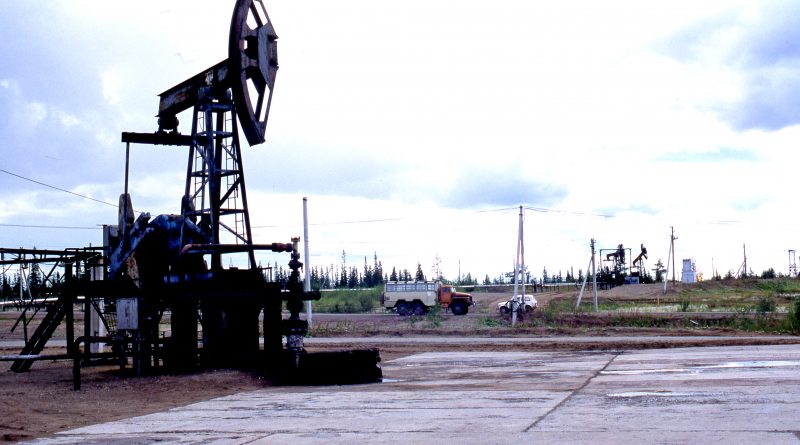Russia Rejects EU Gas Price Caps as Europe Prepares for Winter
James Murray
Staff Writer
On December 3, the Russian government rejected a western attempt at putting a price cap on seaborne crude oil from Moscow. Both the EU and G-7 countries agreed in unison on $60 a barrel, attempting to slow the Russian economy. Moscow recently slapped this attempt down, along with Ukrainian president Zelensky calling the price cap weak. According to Al Jazeera, the Kremlin rejected the price cap and said it was “deciding on a specific response.” Russia is strategically using oil as a means of countering the Western cap, by refusing to sell oil to the countries that proposed the price cap. Russia’s permanent representative to international organizations in Vienna, Mikhail Ulyanov, recently tweeted “From this year, Europe will live without Russian oil,” says CBS News. For Europe, this is shaping up to be an energy scarce winter. China and India have also not committed to the oil price cap, which is significant as they are Russia’s largest clients when it comes to purchasing oil.
Ukraine is not impressed with the cap by any means. The cap itself is not a strong restriction against the Russian economy because Russia does not strictly sell to Western countries, which have imposed the price cap. Al Jazeera reports that Zelensky has blamed Russia for destabilizing global energy markets with the war. Ukraine itself proposed an even tighter cap of $30 a barrel due to their displeasure with the previous attempt by the European Union and G-7. BBC News reports that more than half of Russia’s energy exports went to Europe with Germany being the largest recipient followed closely by the Netherlands and Poland.
In attempts to weaken the spending power of Russia during its war on Ukraine, European Union officials recently set the $60 per barrel limit for oil coming out of the country. According to a senior U.S. Treasury official, Russia was “earning more than $100 per barrel after the Ukraine invasion.” This report is coming after days of violent shelling into the communities of Ukraine. According to CNBC, Ukrainian officials say that Russia has continued escalating shelling in in the southeastern region of the country. The response by the EU was meant to slow down any negative economic effects that other countries have experienced due to Russia’s war on Ukraine, in addition to stabilizing the global market.
Similarly, the G-7 countries along with Australia responded to the EU’s gas price cap by administering the same maximum price of seaborne Russian gas. Under the price cap, insurance companies aligned with the oil corporations will only be able to sell Russian oil to countries abiding by the price cap. The price cap was put into effect on December 5, with a separate price limit for Russian petroleum products planned for February 2023, according to CNBC. Another purpose for the price caps by both groups is to aid low-middle-income countries that are currently struggling as a result of economic spillover from the war.
The recent shelling has worsened turmoil within the cities of Ukraine. Al Jazeera reports “that since Friday Russia’s forces had fired five missiles, carried out 27 air raids and launched 44 shelling attacks against Ukraine’s military positions and civilian infrastructure.” Despite multiple Ukrainian victories, critics lament that the Russian war effort carries on with disastrous consequences for Ukrainians.
Russia’s rejection of the price cap is frustrating for the West, which is already in a tight spot due to the Organization of the Petroleum Exporting Countries (OPEC) cutting oil production and output in October. Following the recent EU price cap, OPEC has doubled down on its oil output statement. According to The Guardian, the agreement to cut production down to 2 million barrels a day (bpd), about 2 percent of global demand, from November until the end of 2023, will stand strong for now. This OPEC agreement creates leverage for Russia in the form of demand as winter begins, and costs of heating skyrocket. The oil demand will only get worse, and Russia is in a position of power to administer theirs at the price they want since they rejected the gas cap.
Image courtesy of GRID-Arendal




